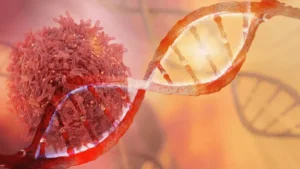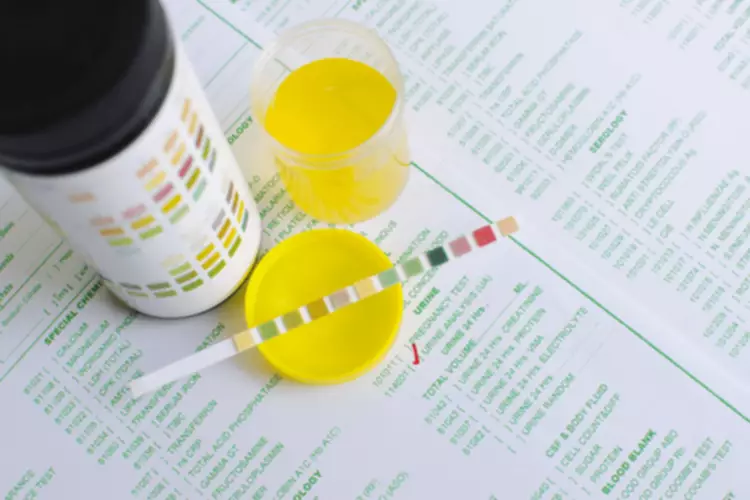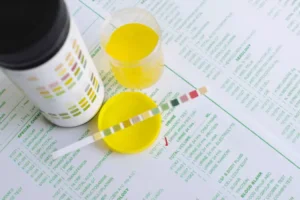
Tolerance results from drinking substantial amounts of alcohol over long periods of time. Moreover, if a person has a serious reaction after drinking alcohol, they should consult a doctor sooner to determine what may be causing their symptoms. At the first signs and symptoms of a severe allergic reaction, it’s essential to use epinephrine and go to the nearest emergency department for immediate follow-up care.
- It’s possible to develop an alcohol allergy at any point in your life.
- You may be more likely to have reactions to alcohol if you have any of these factors.
- Other factors, such as certain medications or health conditions, can also interfere with the normal function of ALDH2, causing intolerance symptoms or mimicking intolerance reactions.
- Once your liver function is affected, this will soon start to affect the rate at which it can metabolise other medicines, affecting your overall health and nutrition levels.
Treatment Programs

A food allergy is an abnormal immune reaction to things we eat, while a food intolerance is an adverse reaction to food that does not involve the immune system. It’s very difficult for consumers to know whether an alcoholic drink contains allergens or ingredients they’re intolerant to. That’s because in the UK, alcoholic drinks manufacturers don’t have to put an ingredients list or nutrition information on the label. So, Dr Sim urges anyone who knows they’re allergic to certain foods, particularly grains, to be aware they could be in drinks, too.
What are the symptoms of alcohol allergy?
If a person develops a mild intolerance to alcohol or an ingredient in beverages, they may be able to manage it what causes alcohol intolerance themselves simply by avoiding or limiting alcohol or certain drinks. A person may experience sickness after drinking alcohol due to an intolerance or sensitivity to an ingredient. It may also be a sign of a hangover or result of a lack of water or sleep.

How is alcohol intolerance treated?

To avoid a reaction, avoid alcohol or the particular substance that causes your reaction. Having a mild intolerance to alcohol or something else in alcoholic beverages might not require a trip to a doctor. Simply avoid alcohol, limit how much you drink or avoid certain types of alcoholic beverages.
Treatment

Because of this, distilled spirits are generally safe for people with yeast allergies. Things get more complicated when it comes to distilled alcohol. Gin, vodka, and whiskey are all made from gluten-containing grains such as wheat, rye, and barley. Unless gluten-containing flavorings are added after the distillation process, distilled spirits are considered gluten-free. The same applies to distilled alcohol made from wheat if you have a wheat allergy. If you ever have trouble breathing or an itchy rash with alcohol, you likely have an allergy.
Alcohol Allergy Diagnosis
Further research is needed to establish a clearer understanding of this phenomenon. While research on alcohol intolerance post-COVID-19 is limited, numerous anecdotal reports suggest that alcohol intolerance could be a symptom of long COVID for some individuals. While not widely recognized as a symptom of long COVID due to limited research, alcohol intolerance has been reported by some individuals. Those with alcohol intolerance should try to limit or abstain from alcohol consumption entirely.
Elsewhere on BBC Food
There are several testing methods your doctor will use to help confirm the diagnosis. Skin tests can determine if you have an allergy to specific components found in alcoholic beverages and are used to rule out the possibility of an alcohol allergy. Once alcohol allergy has been ruled out, the diagnosis for alcohol intolerance is typically based on your reported symptoms and a detailed medical history. If they suspect you have a true allergy to alcohol or another ingredient in alcoholic beverages, they will likely conduct allergy testing.
- Medications called antihistamines can help treat symptoms of a mild allergic reaction.
- When combined with counseling, this approach is proven highly effective.
- Rarely, severe pain after drinking alcohol is a sign of a more serious disorder, such as Hodgkin lymphoma.
- While research on post-COVID alcohol intolerance is still limited, anecdotal evidence suggests that it’s a symptom experienced by many people following the virus.
This type of test will not show someone if they have a genetic alcohol intolerance. People can get this either from their doctor or from a company that provides at-home genetic testing kits. The nickname “Asian glow” comes from the prevalence of alcohol intolerance among East Asians. Approximately 30 to 50 percent of people in this region have an ALDH2 deficiency and are more likely to experience symptoms such as flushing.
- Under normal conditions, alcohol is broken down into a chemical called acetaldehyde, which is then broken down further into acetate, which can be easily eliminated.
- Rarely, severe pain after drinking alcohol is a sign of a more serious disorder, such as Hodgkin’s lymphoma.
- It can be easy to confuse alcohol intolerance with alcohol allergy or other conditions that have similar symptoms.
Risk factors
Allergies to brewer’s yeast and other yeasts have been well-documented in the medical literature. They are most likely to occur in people who have mold allergies. Yeast is used in all fermented alcoholic beverages, including beer, wine, hard cider, and sake. This article looks at some of the possible causes of alcohol allergy or intolerance. It also offers tips on how to drink alcohol safely if you have an allergy or intolerance to any ingredient used to make wine, beer, or distilled spirits. If drinking alcohol—also known as ethanol—gives you food allergy symptoms such as flushing or hives, you may have an intolerance to alcohol.
If you have alcohol intolerance, it’s wise to cut back on alcohol or quit drinking. Drinking with alcohol intolerance causes uncomfortable symptoms, and it also puts you at greater risk for a range of potentially fatal diseases. However, Pepcid and other H2 blockers only mask the symptoms of alcohol intolerance. Although you may be able to drink more alcohol, your body will still struggle to metabolize it.
